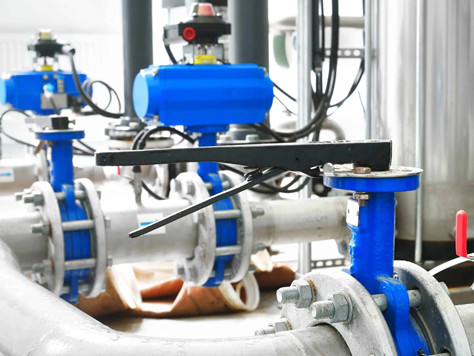
- Call Us
- +8618633052223
- njhdvlz@163.com
nov . 10, 2024 08:51 Back to list
Automatic Check Valve Production Facility Overview and Key Insights for Industry Professionals
The Importance of Automatic Check Valve Factories
In various industrial applications, the importance of controlling fluid flow cannot be overstated. One of the critical components in managing flow effectively is the check valve, particularly the automatic check valve. These valves play a vital role in ensuring that fluid flows in one direction while preventing backflow, which could potentially cause significant damage to equipment and systems. As industries continue to evolve, so too does the demand for high-quality automatic check valves, leading to a growing emphasis on dedicated automatic check valve factories.
Understanding Automatic Check Valves
Automatic check valves are designed to operate without external assistance. They automatically regulate the flow of fluids within pipelines, responding to changes in pressure and flow direction. This automation is essential in many applications, including water treatment plants, sewage systems, and various industrial processes, where the risk of backflow can lead to contamination, flooding, or mechanical failure.
These valves consist of several key components, including a body, a disc, and a spring mechanism. The body houses the fluid, while the disc, typically made of durable materials such as stainless steel or plastic, is responsible for opening and closing the valve based on pressure differentials. The spring mechanism aids in maintaining the valve's position when no fluid is flowing. The design and material choice are crucial, as they directly impact the valve's effectiveness, longevity, and overall performance.
The Role of Factories in Valve Production
Automatic check valve factories are at the heart of producing these essential components. These specialized manufacturing facilities are equipped with advanced machinery and technology, allowing for the precise engineering of valves that meet industry standards. The production process involves several stages, including design, material selection, fabrication, and quality control.
1. Design and Engineering The design phase involves collaboration between engineers and industry experts to create valves that adhere to specific requirements and regulations. This phase also includes the use of computer-aided design (CAD) software to visualize and optimize valve structures before production begins.
automatic check valve factory

2. Material Selection The choice of materials is crucial in manufacturing automatic check valves. Factors such as the type of fluid being controlled, temperature, and pressure conditions must be taken into account. Factories often have access to a variety of materials, ensuring that the valves produced can withstand harsh operating environments while maintaining functionality.
3. Fabrication Manufacturing involves various processes, including machining, welding, and assembly. Advanced CNC machines are often used to ensure high precision and repeatability in the production of valve components. Skilled technicians oversee these processes to minimize defects and maximize efficiency.
4. Quality Control Quality assurance is a critical aspect of valve production. Factories implement rigorous testing protocols to ensure that each valve meets the specified performance criteria. This includes pressure testing, flow testing, and material integrity examinations. Only valves that pass these tests are deemed suitable for distribution.
Challenges and Innovations in Valve Manufacturing
Despite the advancements in technology and manufacturing processes, automatic check valve factories face several challenges. Growing environmental regulations require manufacturers to adopt sustainable practices, from sourcing materials to waste management. Additionally, the increasing complexity of modern systems demands continuous innovation in valve design and functionality.
To address these challenges, many manufacturers are investing in research and development, focusing on creating smart valves that can provide real-time data and enhance system efficiency. Innovations like IoT integration and automated monitoring systems are becoming more common, allowing for improved operational management and predictive maintenance.
Conclusion
In conclusion, the significance of automatic check valve factories cannot be understated. These facilities are crucial in producing high-quality valves that contribute to the safety, efficiency, and reliability of various industrial applications. As technology advances and industry demands evolve, these factories will continue to play a pivotal role in ensuring that automatic check valves meet the rigorous standards necessary to support a wide range of operations. The future holds exciting possibilities for innovation in valve manufacturing, promising enhanced performance and sustainability for industries worldwide.
-
Stainless Steel Sanitary Butterfly Valve | Hygienic & Durable
NewsAug.02,2025
-
Double Flanged Short Pattern Butterfly Valve | Compact, Efficient Flow
NewsAug.01,2025
-
Precise 3-Inch Butterfly Valve Dimensions | Durable Flow
NewsJul.31,2025
-
3 Butterfly Valve Dimensions | GPT-4 Turbo Precision Specs
NewsJul.31,2025
-
Stainless Steel Sanitary Butterfly Valve for Hygienic Flow Control
NewsJul.30,2025
-
High-Performance Groove Butterfly Valve for Easy Installation
NewsJul.30,2025